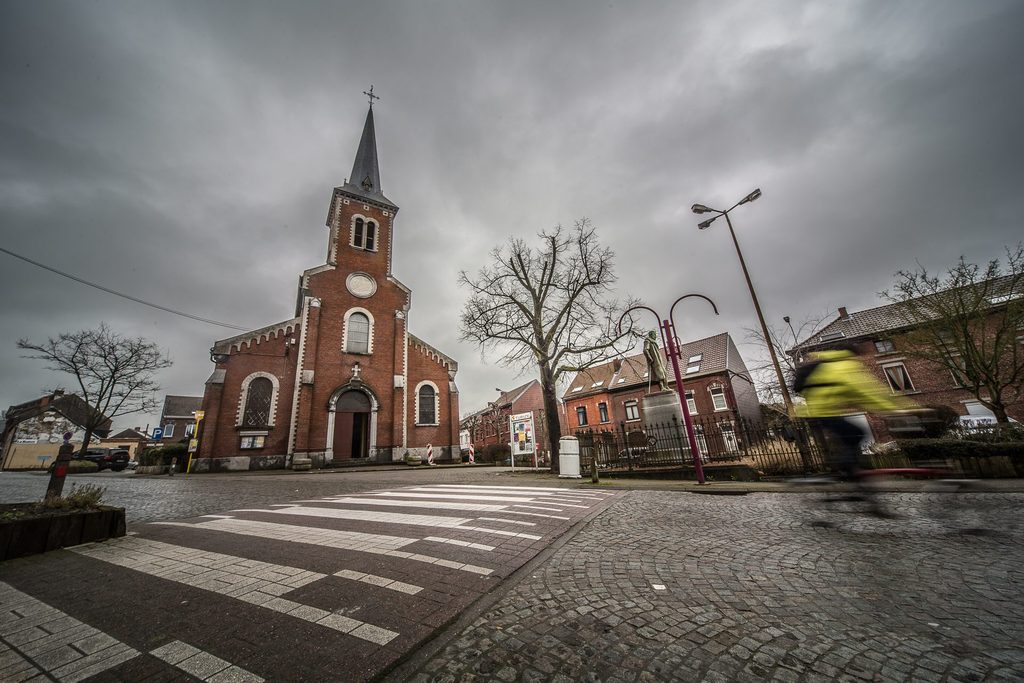With Belgium's Catholic Church the subject of intense public attention following the release of incendiary documentary series "Godforsaken", Belgian bishops convened last week for a conference during which the organisation expressed its profound sense of shame and concern.
The documentary series, aired on prime-time regional television, delves into the issue of sexual abuse within the Church. The testimonies have shined a light on sexual abuse within the Church and has been met with public outcry, with several celebrities even de-baptising themselves as a symbolic act to distance themselves from the institution.
In a press release, religious ministers stated their preference to reserve their comprehensive comments until all four episodes of the series have aired. However they acknowledged the urgent need to address this critical matter, both acknowledging the authenticity of the stories and denouncing abuse unequivocally.
They expressed their admiration for the survivors who have bravely come forward to share their experiences, pain, anger, and frustration. They affirmed that the Church has learned valuable lessons from its past failures and hoped that a policy of listening and humility will allow the issue to be confronted to ensure the full recovery, compensation, and support of victims.
The Church promised efforts to uncover and address patterns of behaviour, beliefs, authority structures, and subcultures that have contributed to abuse. In doing so, it will seek to create mechanisms for sanctioning perpetrators and putting in place a rigorous screening and training process for future church personnel.
Related News
- More people distancing themselves from Catholic Church in Belgium
- Belgian Royals visit Pope as Church comes under fire for sexual abuse in Belgium
So far, measures to prevent further abuse include the creation of hotlines in the wake of a special parliamentary commission on sexual abuse. By June 2022, 1,345 reports were received, often concerning cases that were legally time-barred. These victims were heard and, where applicable, financial compensation was provided, frequently through settlements.
In the VRT report, sociologist Jan Hertogen – himself a survivor – underscored the importance of the mediation procedure and the compensation fund for victims, to which numerous priests are required to contribute. He emphasised that there are still outstanding issues that require attention and resolution.

